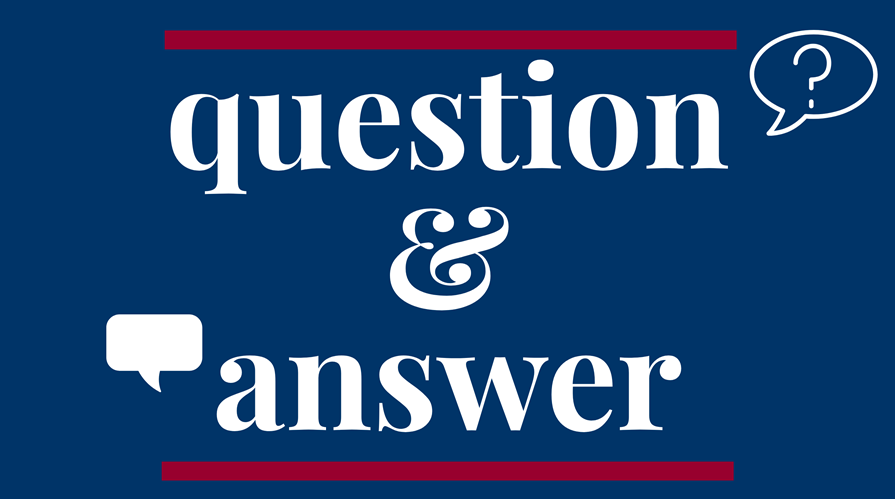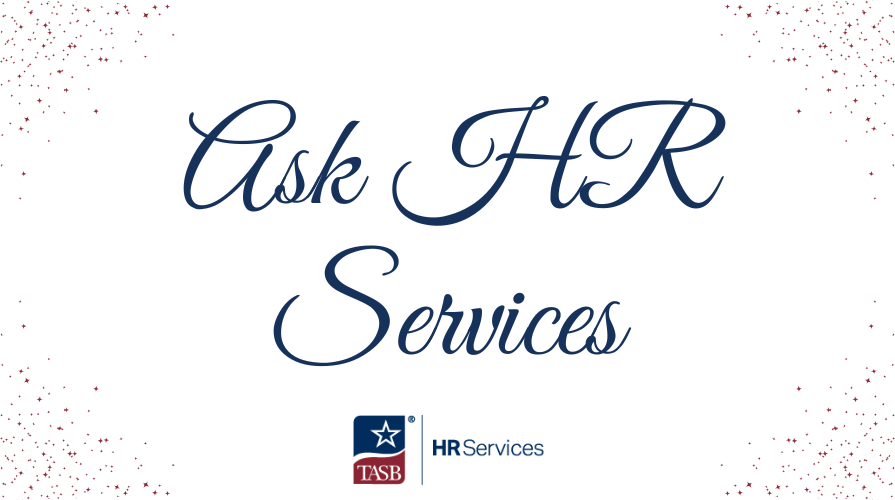Article
Coaches Employment Requirements
Do athletic coaches have to be certified teachers or contract employees? Find out in this Q&A.
Log In to Keep Reading
This information is exclusively for TASB members. Please log in to access the content.
Log in




